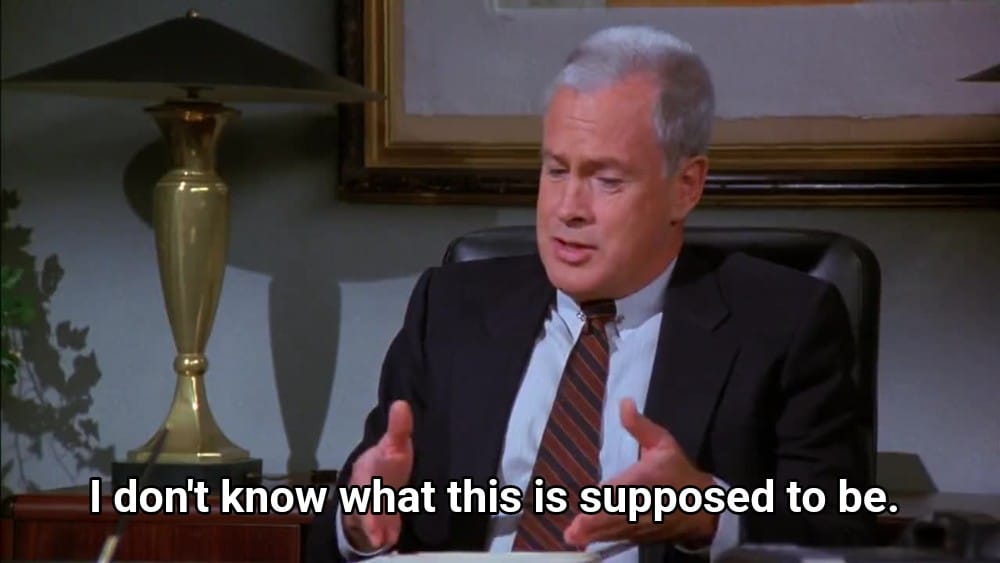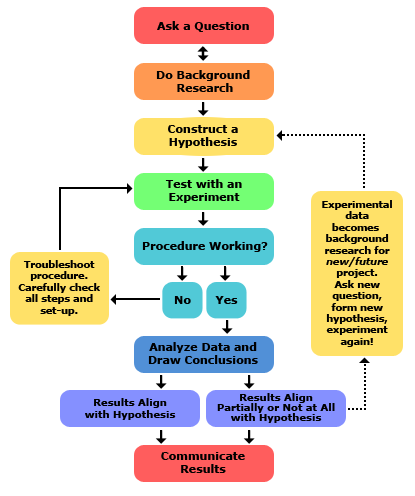I believe in American freedom. I'd rather deal with assholes than have the state force everyone to be sheep.

I believe in American freedom. I'd rather deal with assholes than have the state force everyone to be sheep.

I take the time to respond to you. Can you give me the same curtesy, please?Sigh…
Try words, not a meme.
Question: Am I wrong, simply because I disagree with you?I've already used words and those don't seem to be getting through.
Must be all that "American freedom" I'm not getting enough of.
No, because I can already tell it’s an argument in bad faith. I’ve been burned too many times by other posters on this board who espouse the same views you do.I take the time to respond to you. Can you give me the same curtesy, please?
Question: Am I wrong, simply because I disagree with you?
Am I those other posters? How would you like it if someone treated you the same way you are treating me, making assumptions about you and pushing you into a group you probably don't align with?No, because I can already tell it’s an argument in bad faith. I’ve been burned too many times by other posters on this board who espouse the same views you do.
I think in this case you're wrong because of biological science, it has nothing to do with me.Question: Am I wrong, simply because I disagree with you?
This is totalitarian 1984 thinking, is it not?No, you’re wrong because you’re wrong.
Biological science no one here in this discussion has provided.I think in this case you're wrong because of biological science, it has nothing to do with me.
Yes, you're wrong. But for reasons totally above and beyond anyone else in this thread.
Biological science no one here in this discussion has provided.
That's an opinion, that is not a scientific fact.Ask any gay person if they “chose” to be gay.
No wonder a certain candidate has a chance to win.
"Believe me, because I said so," this is not how science works.Ummm....no it's not. Science has come a long way in the past few decades. Gay people are gay - period. You don't have to like it, but at the same time it shouldn't publicly bother you this much.




If the world doesn't revolve around people who are uncomfortable with gay stuff, then it also doesn't revolve around people who want to force them to be comfortable with it or risk being shunned as a bigot.
I believe in American freedom. I'd rather deal with assholes than have the state force everyone to be sheep.
I take the time to respond to you. Can you give me the same curtesy, please?
We use essential cookies to make this site work, and optional cookies to enhance your experience.
